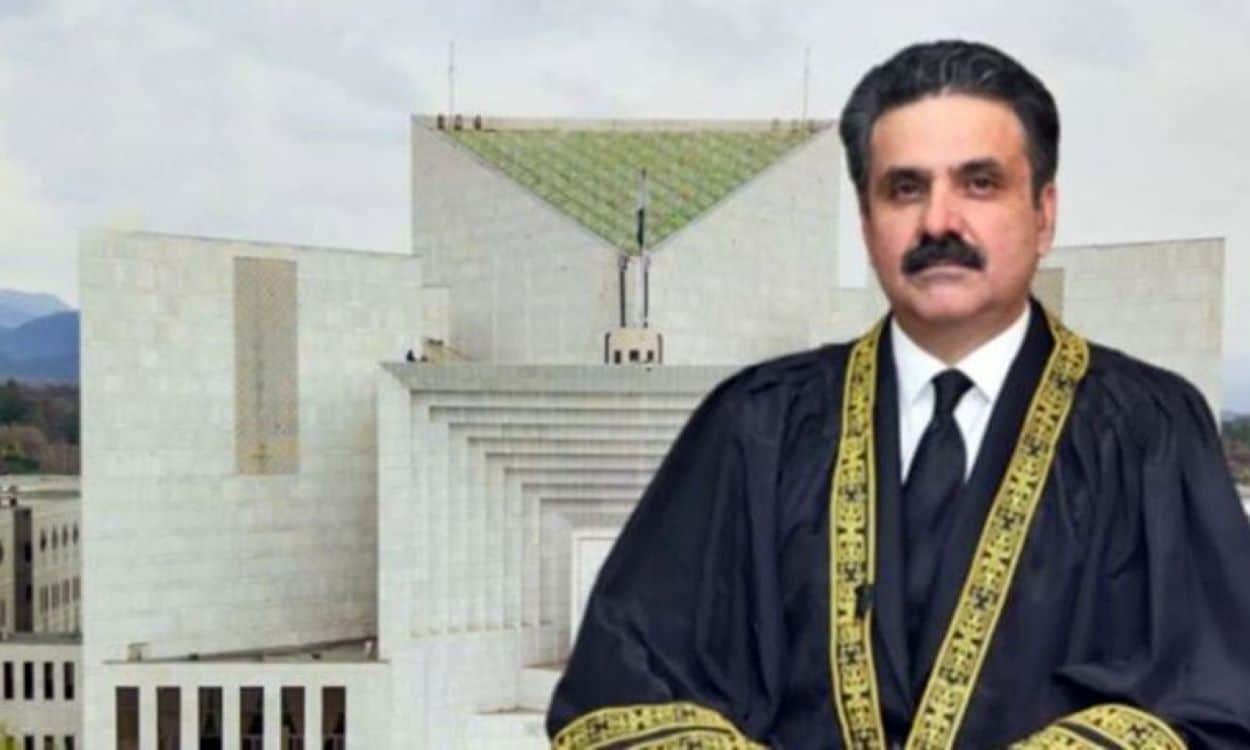On April 25, 2025, Pakistan Tehreek-e-Insaf (PTI) founder Imran Khan sent a letter to Chief Justice of Pakistan (CJP) Yahya Afridi and Acting Chief Justice Mansoor Ali Shah, urging them to address alleged violations of the Constitution and fundamental rights.
PTI leader Salman Akram Raja delivered the letter to the CJP’s chamber; the letter raises concerns over judicial integrity and access to justice.
The letter comes in response to reports that authorities have barred Imran Khan’s family and legal team from meeting him and his wife, Bushra Bibi, at Adiala Jail. Speaking outside the Islamabad High Court, Khan’s sister, Aleema Khan, revealed that she has not been allowed to meet her brother for five months. Security personnel and other family members, including cousins and Bushra Bibi’s sister-in-law, Mehr-un-Nisa, stopped her at the Gorakhpur checkpoint. PTI lawyers Chaudhry Zaheer Abbas, Usman Gul, Salman Akram Raja, Sameer Khosa, and Tabish Farooq also faced obstruction at the Gorakhpur and Dahgal checkpoints.
Call for Judicial Reform and Digitisation
Aleema Khan emphasised the need to restore the judiciary’s sanctity, recalling when even magistrates could enforce contempt of court rulings. She urged the judiciary to digitise court processes to improve transparency and efficiency, addressing systemic issues that hinder access to justice. Her remarks reflect growing frustration among PTI supporters over perceived restrictions on their leader’s rights.
Read: IHC Restores Imran Khan’s Biweekly Jail Meetings But Imposes Media Gag
Imran Khan, detained since 2023, has faced multiple legal challenges, with PTI alleging political persecution. Denial of jail access to his family and legal team has intensified claims of rights violations. The letter to the CJP underscores Khan’s call for judicial intervention to uphold constitutional protections and ensure fair treatment.
The situation highlights ongoing tensions between PTI and state authorities, raising questions about judicial independence and prisoner rights. As the public awaits the CJP’s response, the case could influence perceptions of Pakistan’s legal system.






